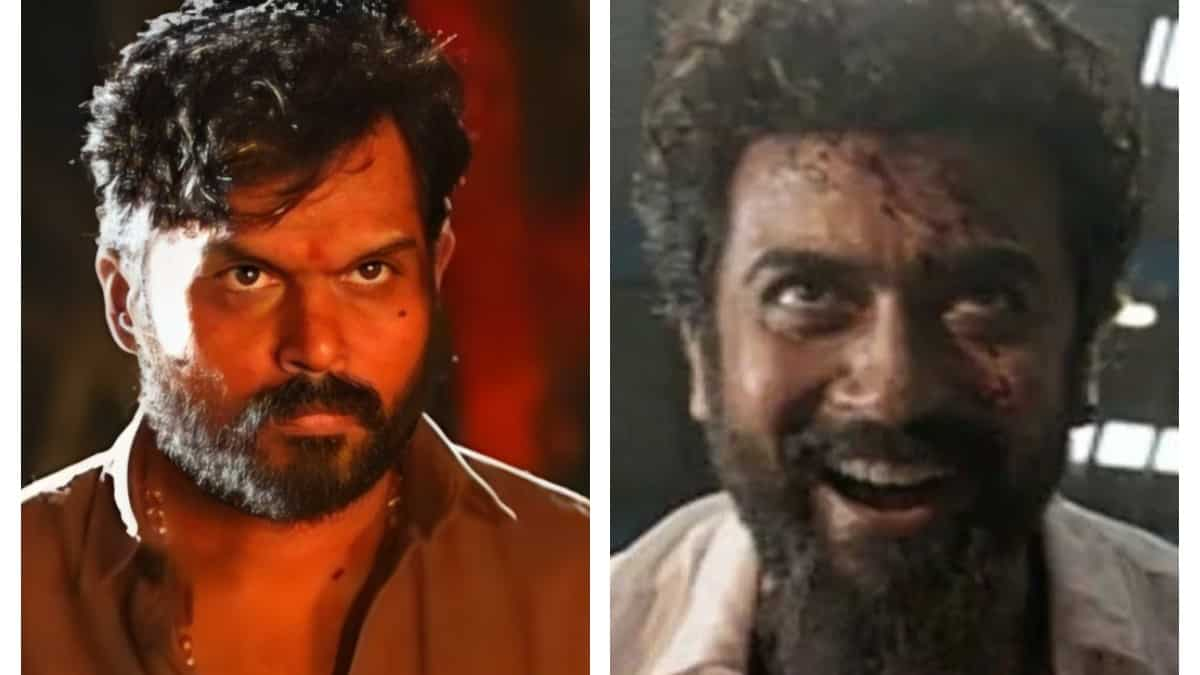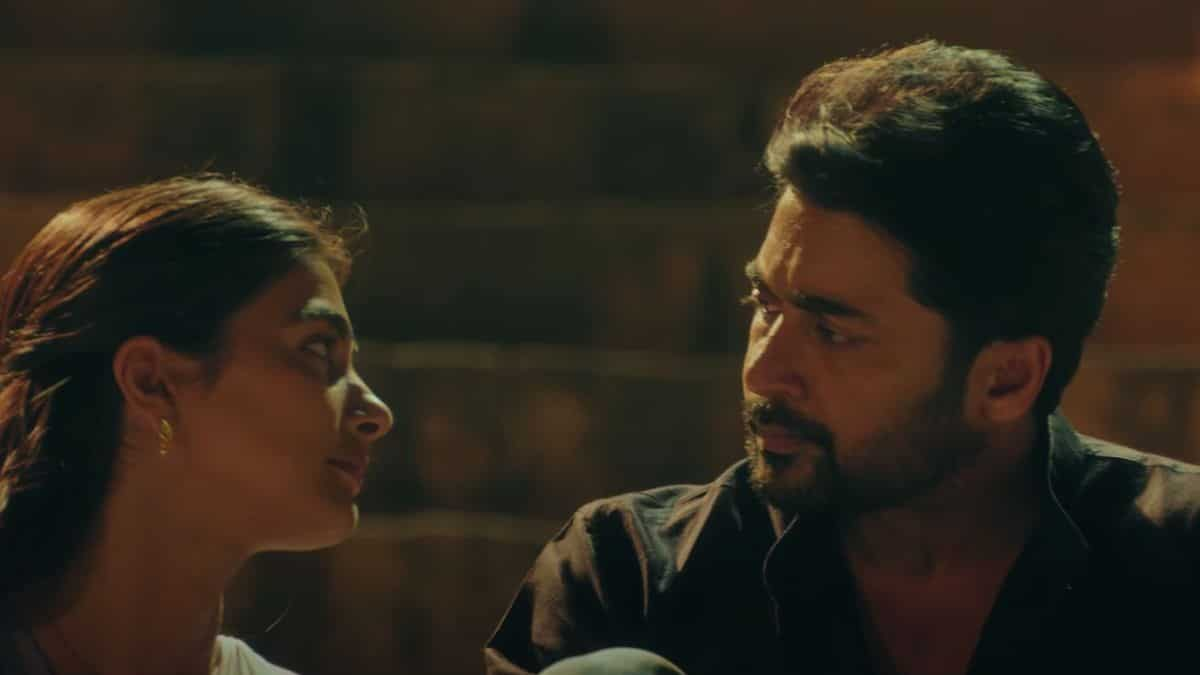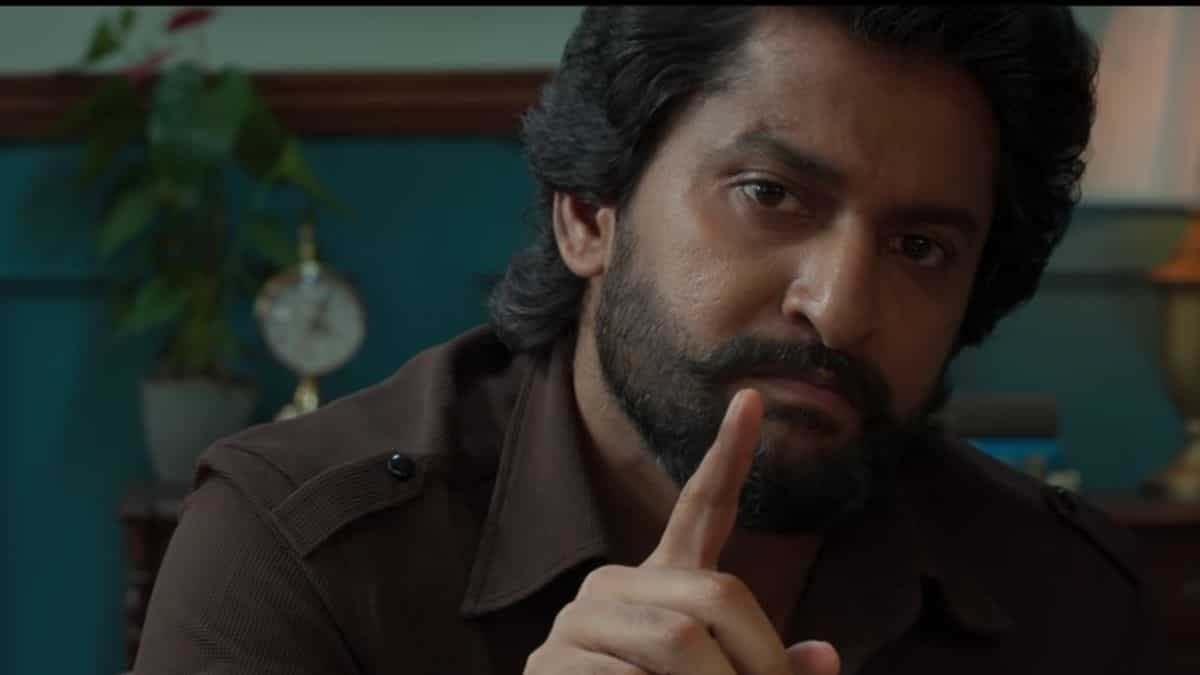
Even Alia Bhatt cannot save Vasan Bala's Jigra, which adamantly sticks to style over substance
6 months ago | 5 Views
Prison-break movies are more than just stories of survival. They serve as reminders of the strict and relentless system which individuals go through. It has all the formula going for the great escape, which includes a daring plan to break out of the high-security prison as well as the execution of that plan itself. Once you know the premise, it is not hard to predict what's in store and how things might end for our protagonists.
Vasan Bala's Jigra, which arrived in theatres last Friday, attempts the prison-break movie template to mixed results. It is a classic example of style over substance, when a film chews more than it can digest. Here, Satya (Alia Bhatt) has to free her brother Ankur (Vedang Raina) from a foreign prison where he is on death row. Sadly, the prison in Jigra is not based in any specific real-life location. So, the makers invent an entire fictitious country of Hanshi Dao, where the punishment for drug trafficking is death. Ankur has 3 months left before the order of death by electrocution so Satya must act immediately.
What works for Jigra
As straightforward as Jigra fashions itself at first glance, Vasan Bala smartly plays with the template to add elements of intrigue and tension. Jigra does well by complicating this very attempt to escape. This is because not only is Satya planning a well-thought-out escape with the help of ex-gangster Bhatia (Manoj Pahwa) and the retired Indian-origin policeman Muthu (Rahul Ravindran), but there is also Ankur's own plan within the walls of the prison. Satya tells Ankur during their exchange, ‘Ulti ginti shuru kar de (Start counting in reverse).’ To which, he replies: ‘Shuru kar di (I have already started)!’ Both Satya and Ankur's plan involves an escape through a tunnel, even as neither of them decides not to inform the other. Will both of their plans tie up to one middle ground?
Because Jigra invites this question, the viewers are racing a few steps ahead of the film to solve the complication. It adds a dependency on the rhythm of the film, a sort of investment into these two separate journeys, where neither Satya nor Ankur know what the other is upto. In balancing these threads, Bala gets tremendous support from his leading lady Alia Bhatt and the music (as well as background score) by Achint Thakkar. The music is the real force that drives the film forward with a thumping sensation. Then there is Alia Bhatt's portrayal of Satya, whose desperation and anguish form the bruised heart of Jigra. She is a smart and alert listener who must not show any weakness as she is mainly operating from a place of reserve and control. Even when she gets to hear that her worst nightmare has come true, her Satya does not burst out crying. The suppressed rage is a much-needed texture to the film that shies away from any sort of rage from its template.
What doesn't work
This absence of this rage is continuously baffling for a film like Jigra, which is in dialogue with the brand of Bollywood films that released in the 1970s- starring Amitabh Bachchan. In an early scene, Satya is told, “Arre, Bachchan nahin banna hai. Bach ke nikalna hai.” In response, she says: “Ab toh Bachchan hi banna hai.” There is a lot of style, not much heart. Here, Satya is the Angry Young Woman in charge, who will not settle for anything less than the protection of her loved one. Even as Bhatt brings in inner turmoil and a body language so coiled up it seems ready to explode, Jigra barely does enough to match that intensity. It is not daring enough.
The biggest concern here is that Jigra rushes through the early sections when the audience is first introduced to Satya. Her character barely leaves the fulcrum of her residence, and we view her as a passive character who exists in relation to the other members of the family. The only time she ever lets her guard down is when she challenges her brother for a basketball game. But that does not help in revealing anything about their shared bond, or how the trauma of having seen their father die of suicide shaped them as people.
Jigra reverts to that incident over and over again, without an iota of concern for its characters. We barely know them as people; first as son and daughter to that single parent who took his life, and then as siblings who had to grow up together with the trauma of having witnessed that gruesome incident. This is a concern not for what the film wants to become, but for what it is. Satya and Ankur's bond is severely underwritten. Satya's angry young woman is not angry enough to water any seeds of anti-establishment, even when she is positioned in a different country. So, when she does let out a cry of long live the revolution, which law and order is she talking about? Where was that distress for the disenfranchised until now? Jigra lacks any sort of introspection of the socio-political unrest that plagues and surrounds its characters. They seem to operate in a sort of vacuum, devoid of any illusion of the anger or frustration of a generation at large.
Jigra does not seem to know its pulse. It lacks the very courage to push buttons that it so desperately wants to celebrate in the protagonist. Jigra is a film that tries to be different just so that it can say it is different. The slow-motion shots look tacky in place of immersive, and the stylized placement of a Zanjeer song is a tad too indulgent. Bala's cinephilia gets the worst hat-tip so far in his filmography when the convicts are named John Woo, Kim Ki-duk, and Wong Kar-wai.
Bala wants us to concentrate on the execution of the prison-break attempt(s), but messes up with it too with too many plot holes to not notice them as viewers. What's worse is that Jigra operates with some sort of superiority complex, where there is a forced revelry in introducing more roadblocks on the way for its characters. What Jigra fails to realize is that for a film build on intrigue, the viewer is always taking two steps ahead to calculate how this might play out. Satya is as befuddled as us, the viewer, as the stakes grow higher and higher in the last section of the film. The action is not inventive, and the chaos generated in these scenes make it clumsier.
A film is more than just a sum of its parts. It must be in some sort of dialogue with its social context at the end of the day. With Jigra, one can lock those expectations in jail. Jigra certainly looks lost when there are no connecting threads to pin down the emotional register. The film's tenacity for thrill just for the sake of thrills is its biggest letdown. Bhatt can barely save this ship by standing upfront and taking charge. She has the jigra, but her film does not.
Jigra is now playing in cinemas nationwide.
Read Also: Baba Siddique murder: Security outside Salman Khan's Mumbai residence beefed up | WATCH





















